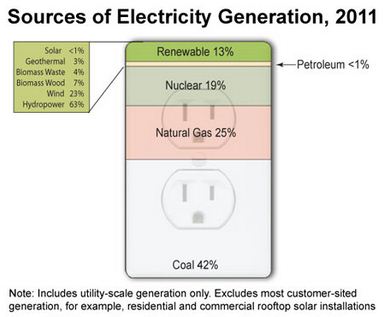Seeking Political Perfection
SEARCH BLOG: POLITICS
If you get 100 Libertarians in a room, they would not construct a platform that begins "I, I, I, I, I, I, I, I, I, I, I, I, I, I, I, I, I, I, I,... the People." At least I don't believe they would.
He objected to the notion of a representative form of government, suggesting that there could never be a representative who would vote on all issues the way I would. That may be true, but I don't see that anything workable could come out of 300+ million people each having a separate vote on ever separate issue that might be addressed. While not perfect, I think our representative form of government has served us reasonably well... better than a dictator ... better than millions of people jamming the streets with signs. That's my bias, of course.
He did agree with me that politicians lie to ... I, I, I, I, I???... us. We know that. That's why we have elections every two years... to get the old liars out and vote in the new ones. The problem occurs when some of the liars convince enough gullible people that they are "on their side"... that's "the devil we know."
He objected to the notion that a nation is an amalgamation of tribes. Okay, find another way to describe a nation that covers the geographic political combination of a number of disparate individuals calling themselves Libertarians, auto unions, bankers, such-and-such-minority, etc. His misinterpretation suggested to him that an "amalgamation of tribes" was something monolithic. Quite the opposite.
He brought up the notion that we form governments to protect our "natural rights." That is one way, as I mentioned in yesterday's post,
As individuals, we presume certain "truths" about the way our amalgamation of tribes should function. "We hold these truths to be self-evident...." "Long live the King...." "لا إله إلا الله محمد رسول الله...."but certainly not the only way governments are formed. And once formed, we have incentives to support that form of government because it does provide order and a sense of protection from "others" who are not part of our amalgamation of tribes. Of course, that doesn't mean that the government reflects the wants and needs of every individual. The government is more like chicken salad than a flock of chickens. Individuals are in there somewhere.
He neither agreed nor disagreed with the notion that the purpose of government was to provide a legal framework supported by culture and individuals. Even Saddam Hussein's government provided a legal framework of sorts... as did Stalin's USSR and Henry VIII's English monarchy. I never said every government provided a good framework. I did conclude that:
So, again, what guarantees our Constitution? Nothing more than people... and leaders... who are willing to play by its rules. If the framework is allowed to be fluid and transitory, there is very little in it for individuals. The tribe disintegrates.The purpose of all of this is to come to the realization that our choices are really between representatives who play by the rules of the Constitution or the ultimate unraveling of the Constitutional form of government we happen to enjoy. How those representatives will vote is entirely up to us... us being a lot of I's.
If enough I's like the idea of bigger, more involved government, that's what all the I's will get. If enough I's like the idea of smaller, less involved government, that's what all the I's will get. Those who can't live with that situation will have to find another amalgamation of tribes wherein to live.
Will that be perfect? No, but if we don't get rid of those that refuse to "play by the rules," it won't matter how any of the I's vote.
SUNDAY, JANUARY 08, 2012
Asking Some Right Questions
If you combine a contentious Congress that votes on, without reading, legislation changing the basic social and power structure of the country... with predisposed Supreme Court justices... and on top of that, a President who chooses which laws should be enforced and which should be ignored or when he will abide by the Constitution and when it is simply too inconvenient, then the framework within which the right questions can be asked is broken... and any answers regarding the efficiency, effectiveness, and appropriateness of the federal government become meaningless.
Instead, we get un-elected "czars", unmanageable laws, overbearing regulations, and massive special interest giveaways... all of which go unchallenged and unabated.











